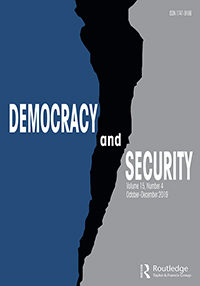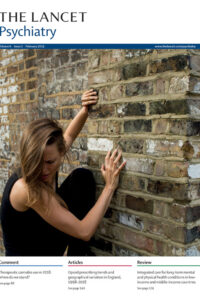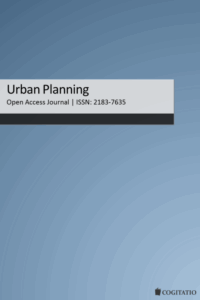Abstract
Does crime exposure impair levels of political knowledge? The literature on crime has focused on its causes as well as its scope, while ignoring how it might influence the practice of political citizenship. Informed citizens are more able to practice their political citizenship. Exploring the impact of experiencing an insecure environment in itself, this article contributes to a deeper understanding of how the citizen responds to crime (burglary and physical attacks). Working memory has limitations and previous research has shown how resource scarcity limits cognitive capacities. This article suggests that crime might produce a situation of security scarcity, i.e. insecurity, which limits cognitive capacity in a similar fashion. This hypothesis is tested in the context of Sub-Saharan Africa, using survey data from the Afrobarometer (Round 4). The findings demonstrate how experiencing a security scarcity decreases political knowledge among male citizens, but not among female citizens.
Available as open access publication
About the author
Johanna Söderström is Associate Professor/Senior Lecturer in political science at Uppsala University, Sweden. Her research concerns challenges facing new democracies, especially as seen from below among regular citizens (and less regular citizens, like ex-combatants). Her work primarily focuses on the dynamics of post-war citizenry participation, especially in the intersection between peacebuilding and democratization.




